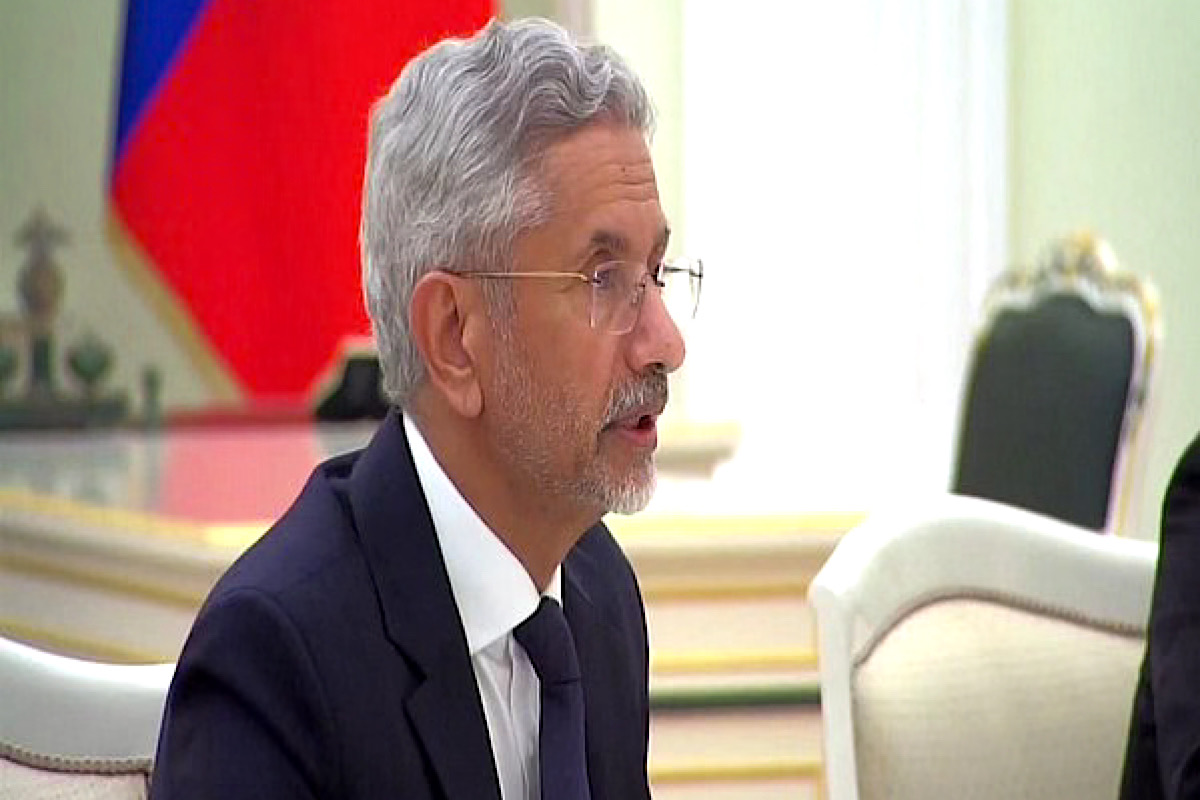Young residents drive Tokyo’s population influx
Tokyo saw a net population inflow of approximately 79,000 people in 2024, marking an increase of over 11,000 from the previous year, according to the Ministry of Internal Affairs and Communications.
The remark the external affairs minister made in Tokyo is a veiled reference to China’s Belt and Road Initiative (BRI) that proved a debt trap for many a developing country.

External Affairs Minister S Jaishankar (Photo/ANI)
In a veiled reference to China’s Belt and Road Initiative (BRI), which has brought many developing countries under a debt trap, External Affairs Minister S Jaishankar, on Friday, told a gathering of intellectuals in Tokyo that India was the first country to plead that connectivity endeavours must be collaborative, transparent, viable and respectful of sovereignty.
“India was the first country to display strategic clarity in regard to contemporary initiatives (on connectivity). Frankly speaking, most of the world wobbled in this regard at that moment. Time and experience have brought them around, but not without a cost,” the minister said in remarks at the Nikkei Forum on India-Japan Special Strategic Partnership.
Advertisement
His comments are significant since many analysts have characterised Chinese lending through the BRI as “debt trap diplomacy” designed to give China leverage over other countries and even seize their infrastructure and resources. India has opposed the BRI initiative on the grounds that its key project, the China-Pakistan Economic Corridor (CPEC) runs through the Indian territory in Jammu and Kashmir illegally occupied by Pakistan.
Advertisement
Cautioning that there is no room for complacency in diplomacy, Mr Jaishankar said bilateral relationships need to be continuously tended at various levels and constantly refreshed.
“There will always be new complexities but equally, fresh opportunities. This is how India and Japan should approach each other today,” he said.
Speaking at length on India-Japan ties, he noted that the two countries are convergent on the big picture and the key concerns. “Our inclination and ability to respond in a more coordinated manner has also improved. We can for example, see that in defence where a bilateral military exercise is going on between India and Japan, even as we speak. It is much better in investment, though trade remains flatter than we would wish,” he added.
Mr Jaishankar said India and Japan are also having an active conversation on emerging technologies that hold much promise. Creating new supply chains and building a stronger digital connect are priorities for both countries. “We work well together in world politics, including of late in the multilateral organisations. People-to-people linkages, however, lag behind and clearly need more attention. This is the report card right now,” he added.
He argued that India-Japan ties will both draw strength from their larger activities together, especially from Quad; but as well contribute to its effectiveness and its breadth. “The bottom line is that the world is changing, the Indo-Pacific is changing, India and Japan are changing, but that in our relationship, many solutions for us nationally, as well as for the region and for the world, lie there,” he added.
Advertisement